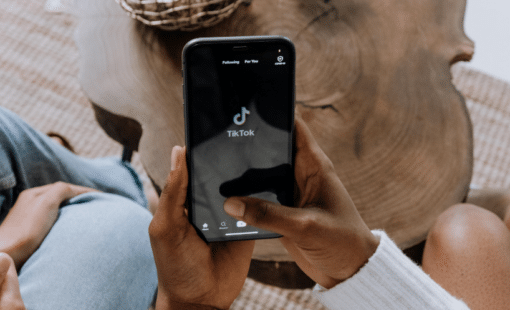Most of you who keep up with technology will have heard of Google Glass, a head-mounted computer with a camera and a microphone. It sees what you see, hears what you hear and will be available for purchase later this year.
The development of new devices, from laptops to smartphones and tablets, is always enabling us to become more mobile when searching on the internet. Google glass offers you the option to multi-task by effectively wearing your computer screen on your glasses.
How will it affect search engine marketing?
No more search engine results pages for Google Glass users
Google Glass returns search cards instead of links so it will change the way search results are produced. Much like iPhone’s Siri – it will enable users to talk to computers instead of typing and will provide us with the information we need on information cards. For search marketers there will be more importance on the need to rank highly in the search results, as only one information card can be viewed at a time making it unlikely for users to view lower results.
Image search
We thought Google shopping was still a relatively new concept in paid search campaigns but think about how Google glass will change the retail environment. Users could go to shops to see and feel products they want to purchase and add them to their shopping cart via their Google glasses in the blink of an eye! even paying using Google Wallet instead of cash and cards.
Google+
The social platform Google+ will likely increase in popularity since Google Glass works in tandem with it and you need to be logged into it when using Google glass. This will enable more personalisation of your search results and ads. Google+ usage is relatively low in comparison to Facebook and Twitter but this could certainly change in the future.
Google Glass will also likely play a large part in audio search, with a concept similar to shazam, enabling song recognition and purchase. Translations will also change via voice recognition, making it easier for users to view search results and ads in their native language.
So although we believe it will take some time for Google glass to take off (mostly due to its eye watering price tag), it is showing us the future of digital advertising and emphasizing the need to be aware of changes in the digital environment to keep up with emerging marketing channels.
About the author
Laura is Mahon Digital’s Senior Account Director and has been working in the digital industry for more than 8 years. With expertise in PPC, display advertising and client account management, she’s passionate about everything digital.




